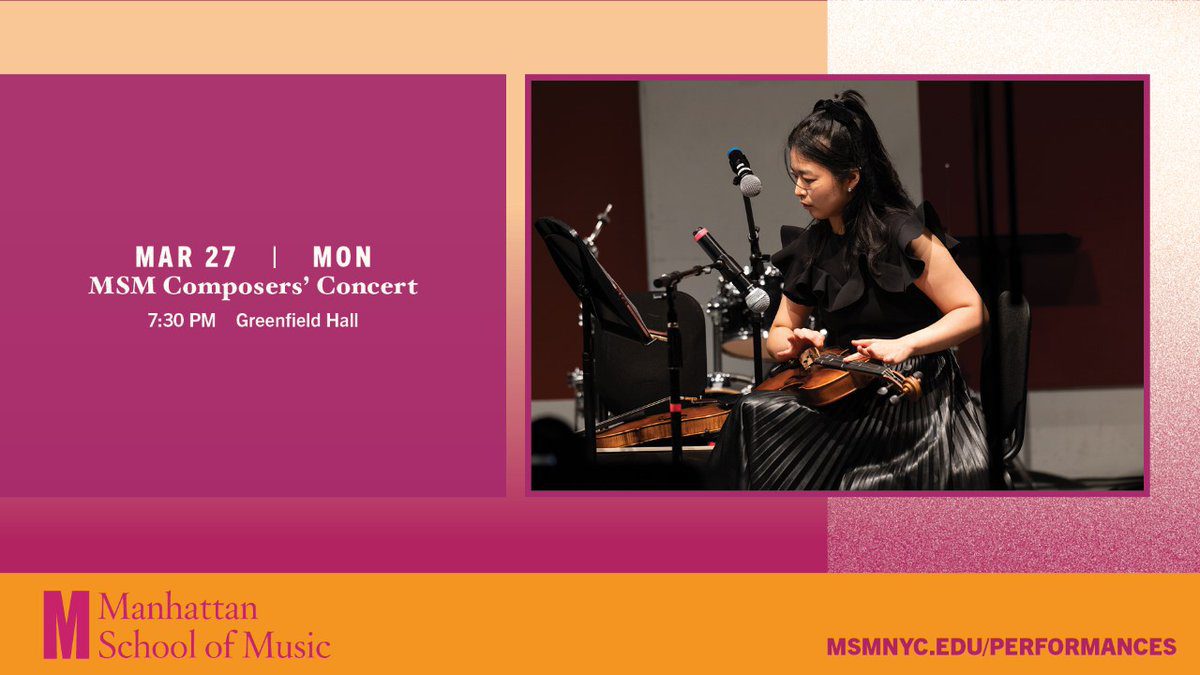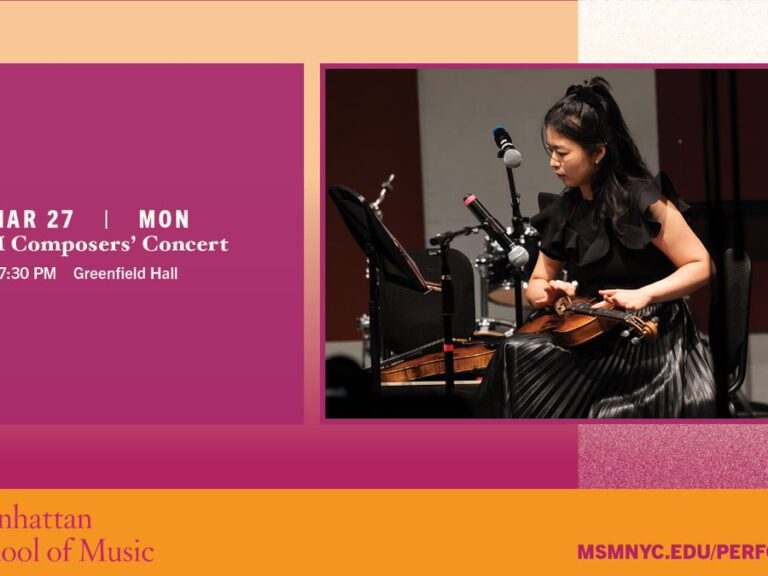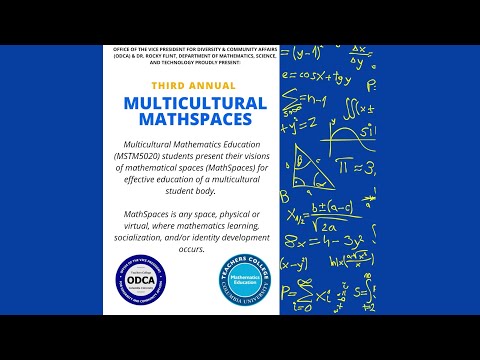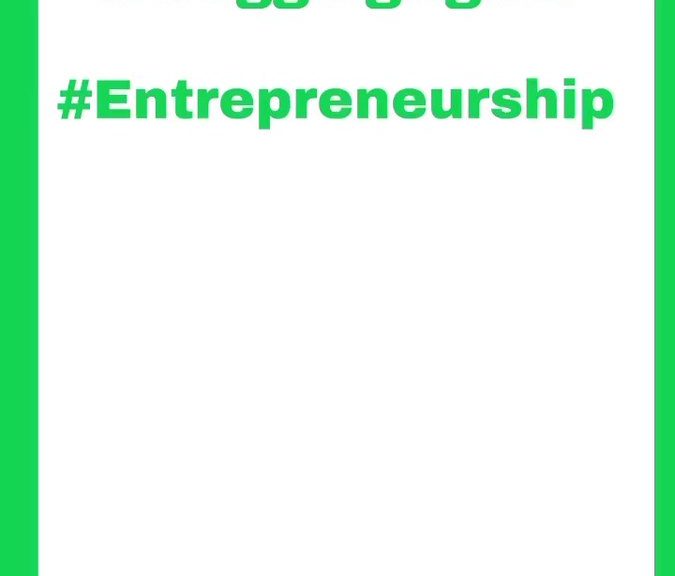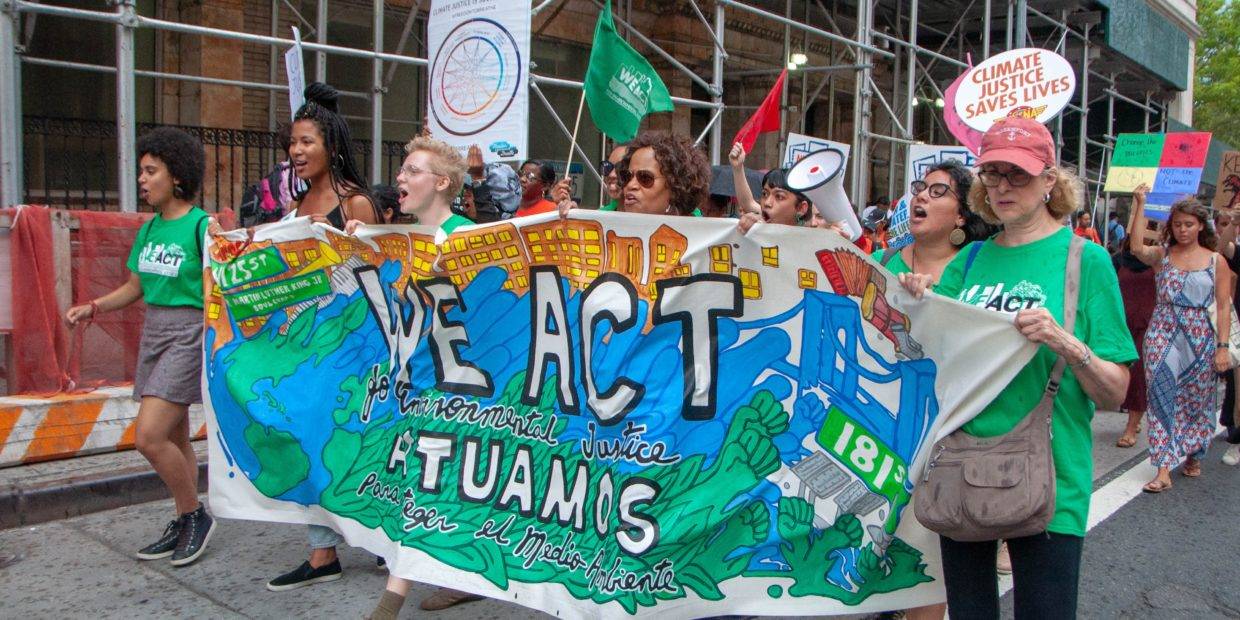Sometimes, commentators view Mill as a libertarian. He isn’t. In fact, based on my reading, he belongs on (or maybe beyond) the left wing of the Democratic party. He worries about inequality, and proposes a radical redistribution of wealth by restricting the amount that anybody can inherit. He opposes the version of cutthroat capitalism so evident in the world today. And he has good arguments for these positions.
Finally, Mill is often identified as a Utilitarian, someone who thinks we should act to maximize the greatest aggregate happiness. (He did, to be sure, write a book entitled Utilitarianism.) My book shows that this identification is mistaken. Mill does think that actions are to be judged by their consequences; we should try to make the world as good as we can. But he has a complicated and interesting approach to figuring out what is good. The result, I suggest, is a far more compelling and defensible view than the one usually attributed to him.
So Mill is one for the ages?
Yes. Some kinds of ethical and social problems arise (perhaps in different guises) across the ages. A brilliant thinker reflecting on the burning issues of the times will often have things to say to those who face kindred challenges a century or two later. We should expect some of the political philosophy of the past to be relevant to the present.
What book should everybody read before the age of 21?
There are lots of valuable books, and it’s hard to pick one, but since Mill is our focus, I’ll assign his On Liberty. It’s short, so read it twice, and think hard.
What’s the best book you’ve ever received as a gift?
Again, there are at least several candidates. One special present, however, was a leather-bound copy of Ulysses that my wife, Professor Patricia Kitcher, gave me long ago on a wedding anniversary. She isn’t a James Joyce fan, but she knows of my long-standing interest in Joyce. Along with Contemporary Civilization, my favorite Columbia class to teach was always the English Department’s Joyce course.
Describe your ideal reading experience (when, where, what, how).
In June of 1960, I was 13 years old, and at boarding school in England. It was a warm Sunday afternoon, and we were required to be outside, but there were no other restrictions on what we could do. At 2 p.m., I took a book I had found in the library, and went to lie on the grass and read under a tree. At 5:30 p.m., I went indoors, having finished the book.
It was Joyce’s A Portrait of the Artist as a Young Man. Early on in that book, Stephen Dedalus hears the “pock” of the cricket bats against the ball—and, lying on the grass, I heard it, too, as other boys practiced over by the nets. That afternoon, I acquired a lifetime love of Joyce.
As an emeritus professor, do you still teach?
No. I retired because I have too many writing projects, and know that I can’t postpone them. I still love teaching, and will, perhaps, return to it someday. But not yet.
What three academics, dead or alive, would you invite to a dinner party?
Let’s start with Mill. A couple of more recent people would be part of a lively conversation—the late evolutionary biologist Richard Lewontin and Noam Chomsky. Likely conversation topic? Progressive politics.
Source link
